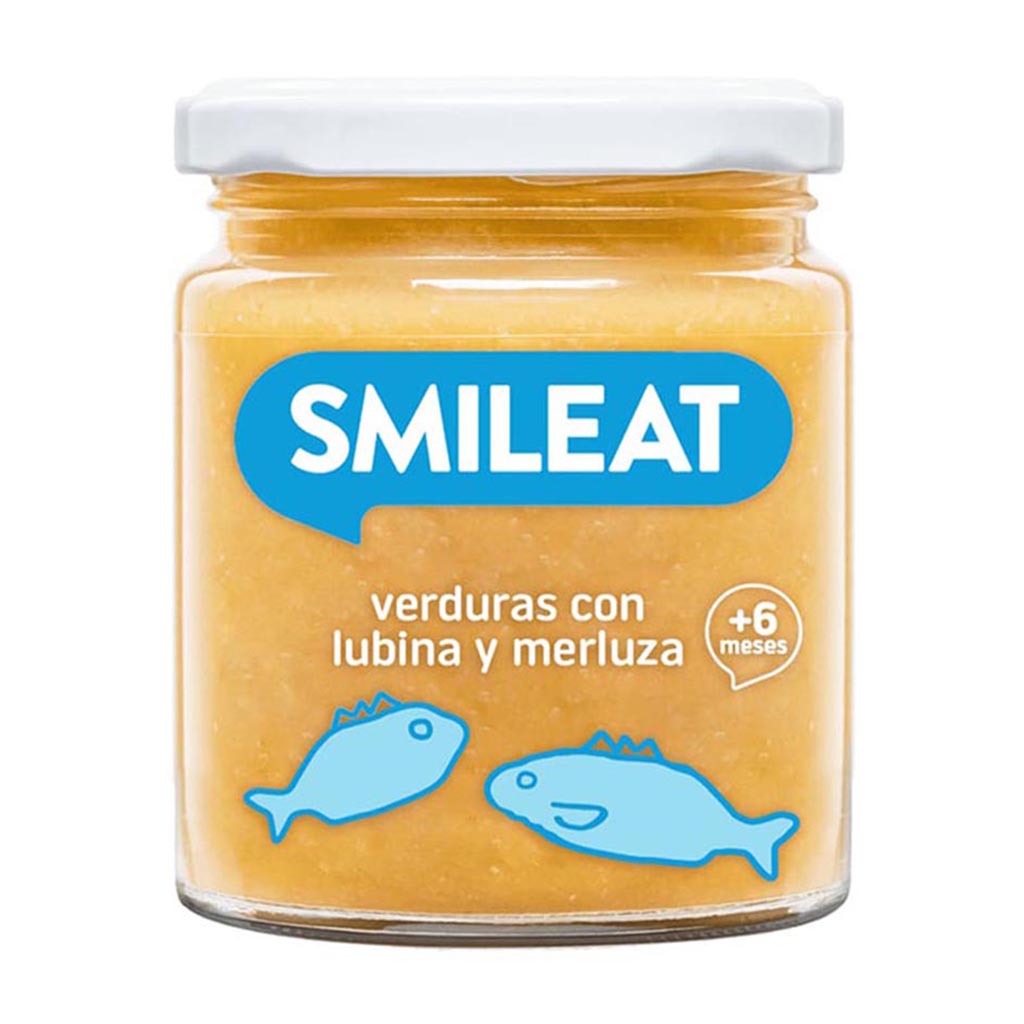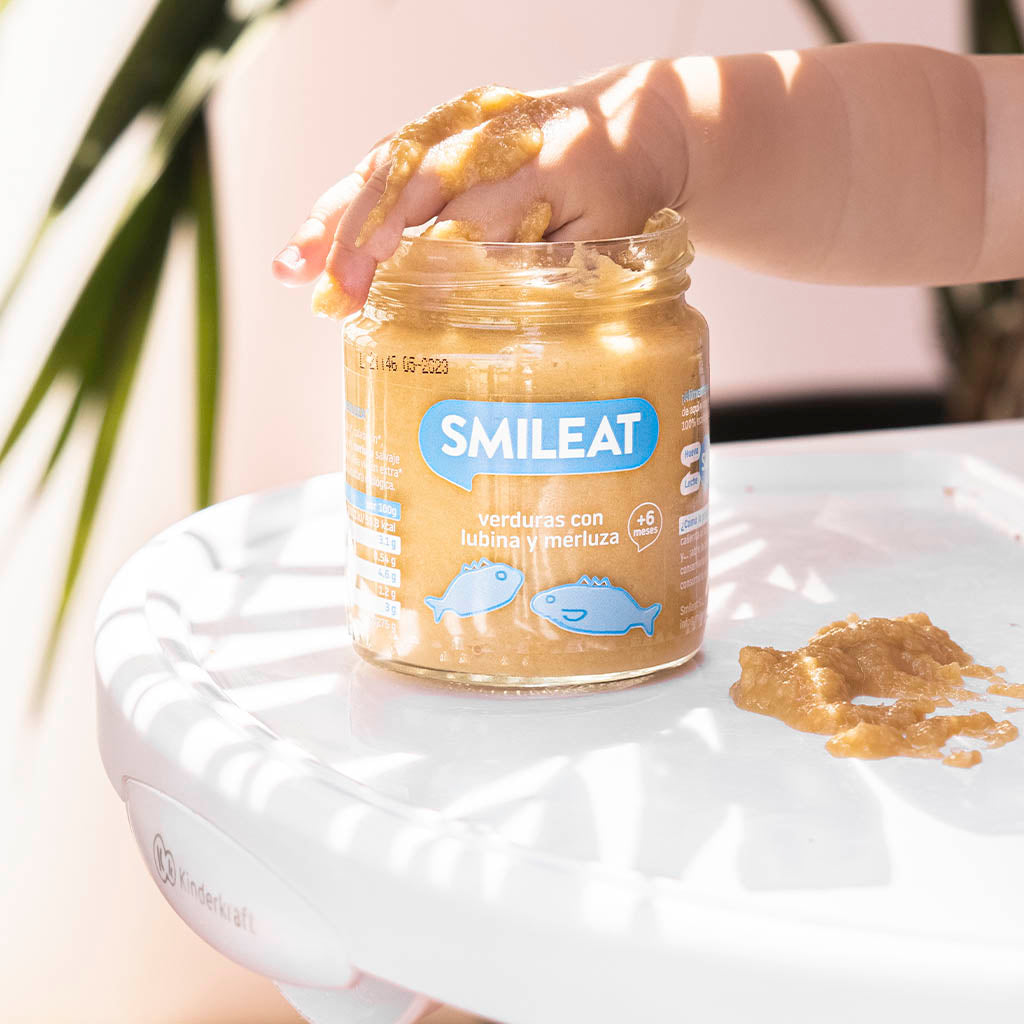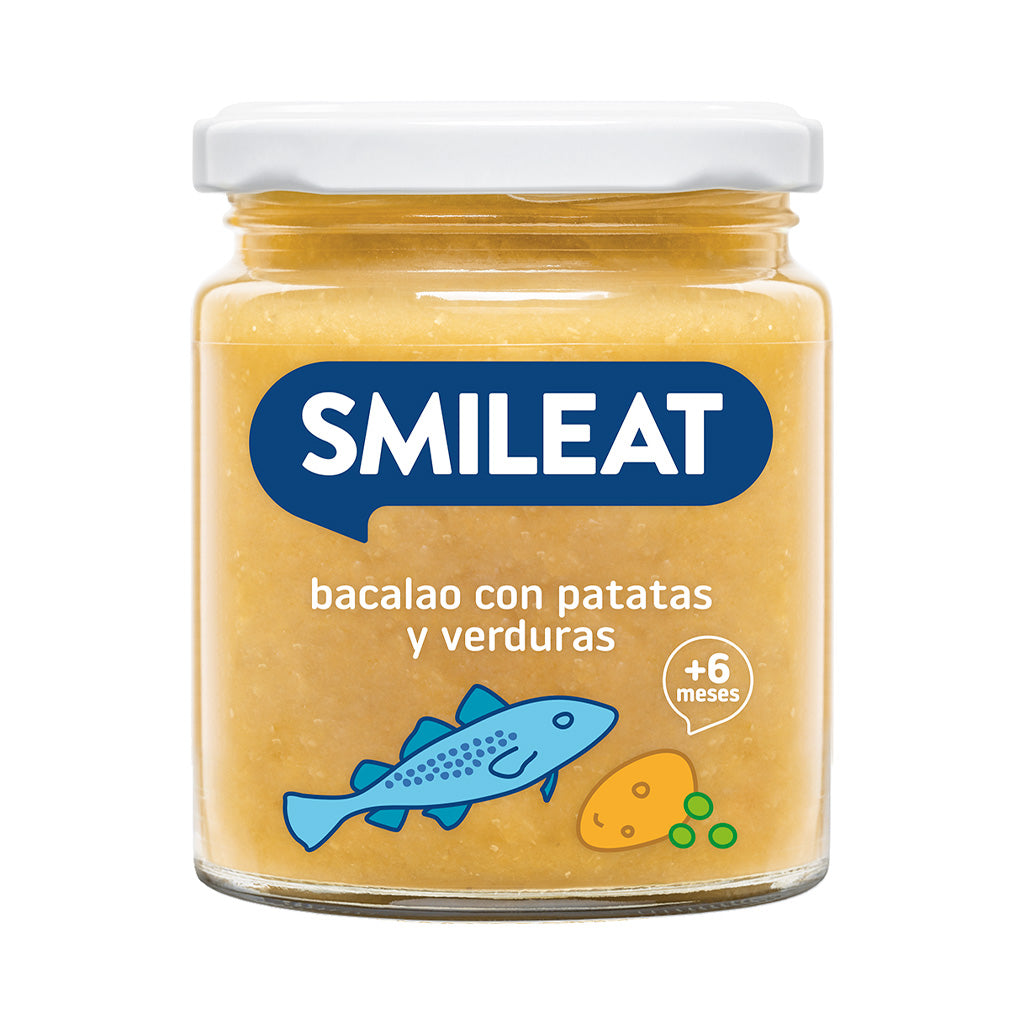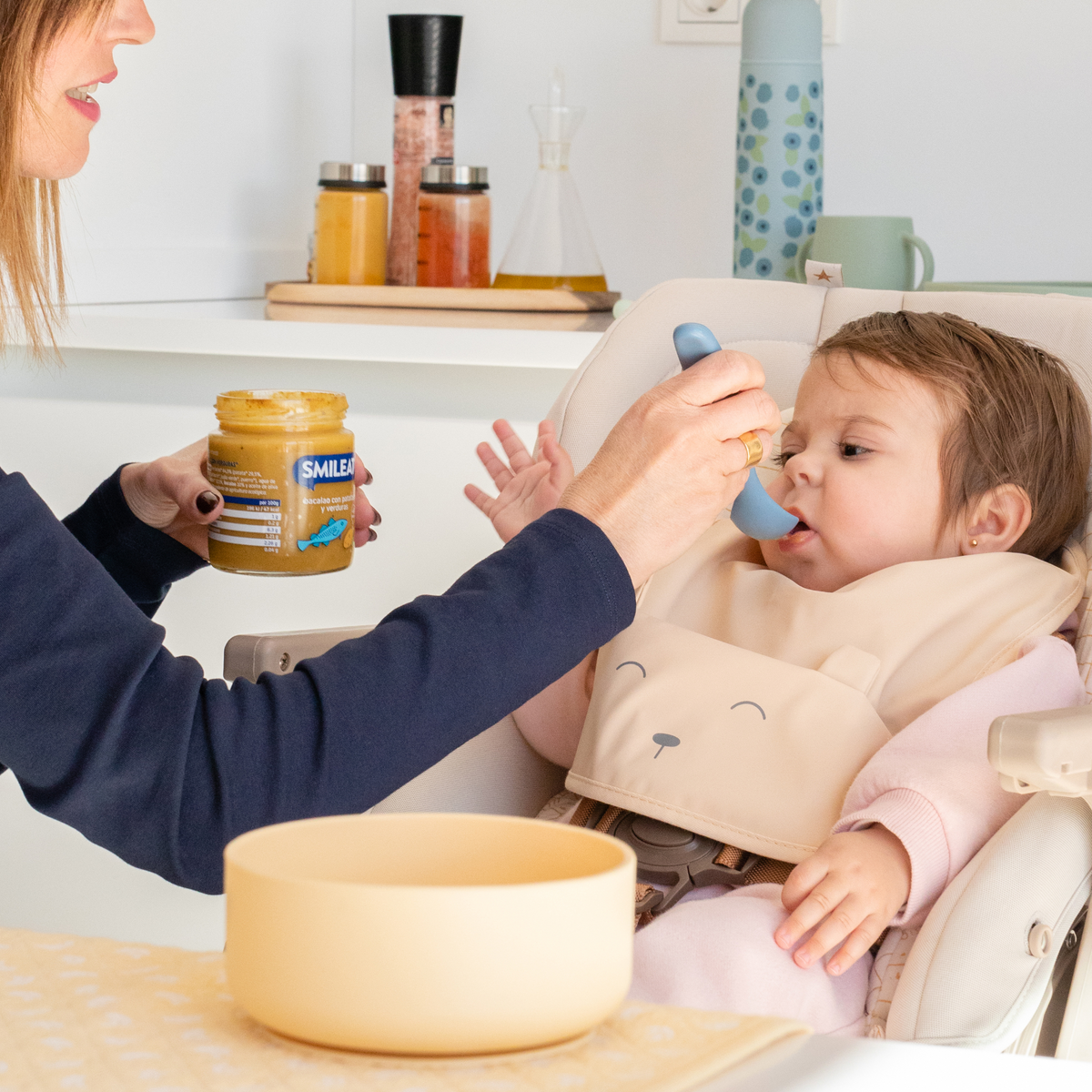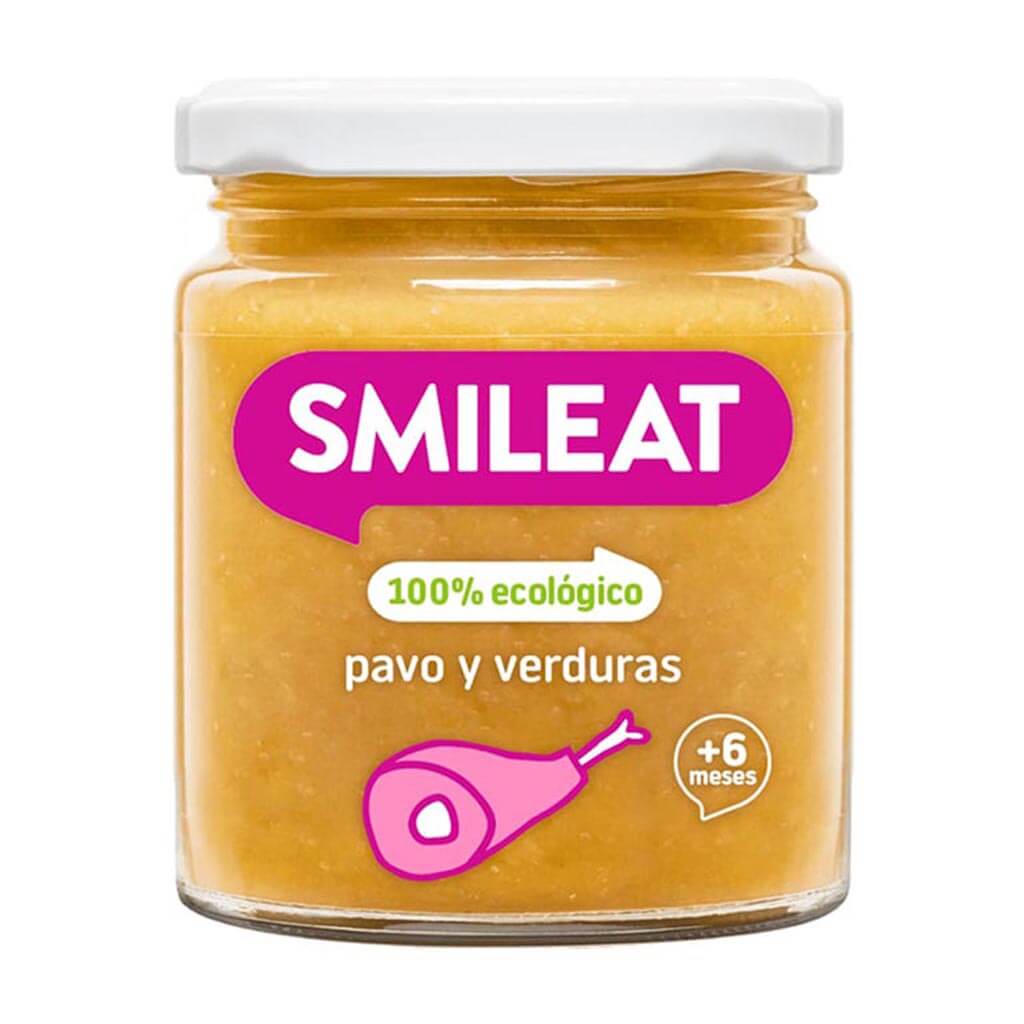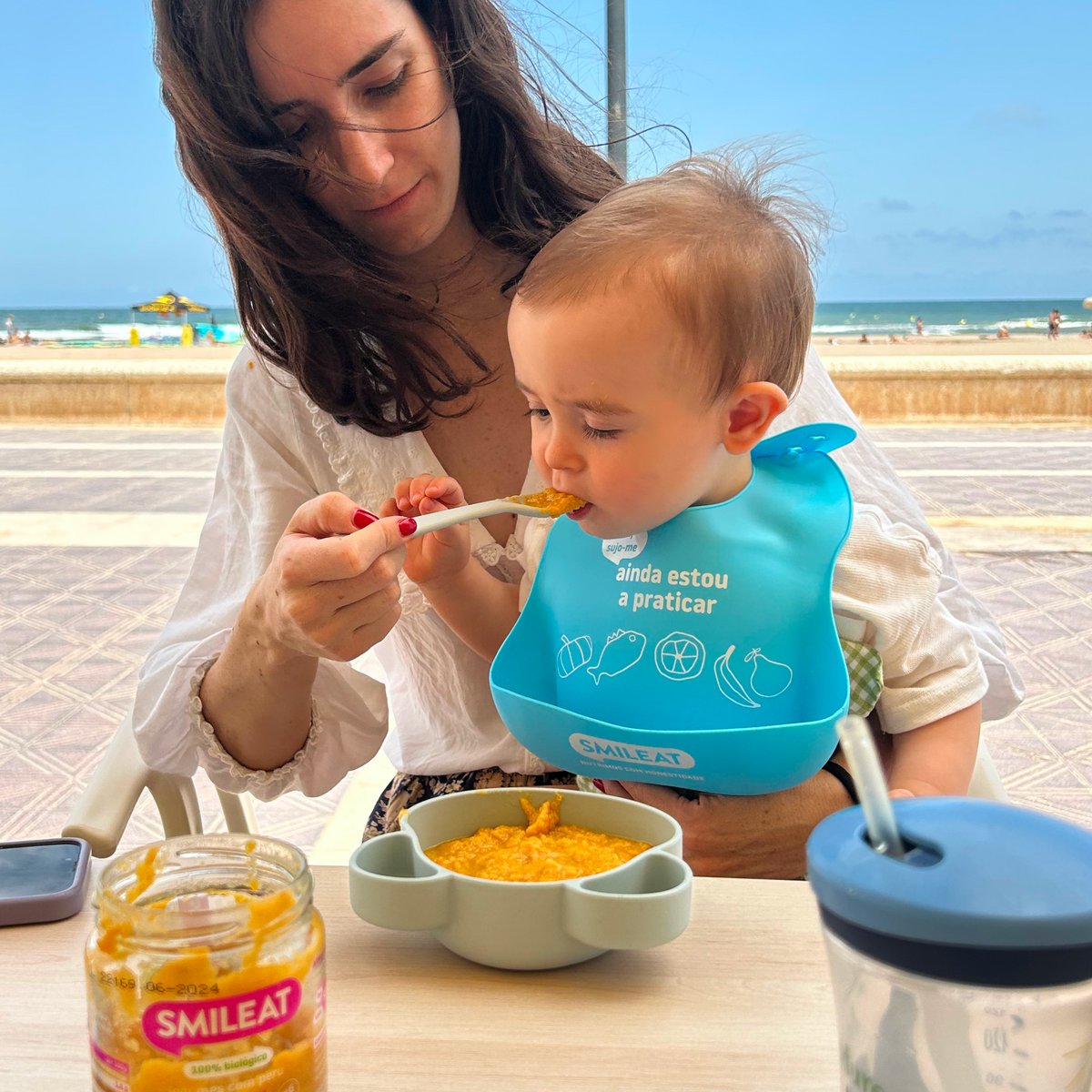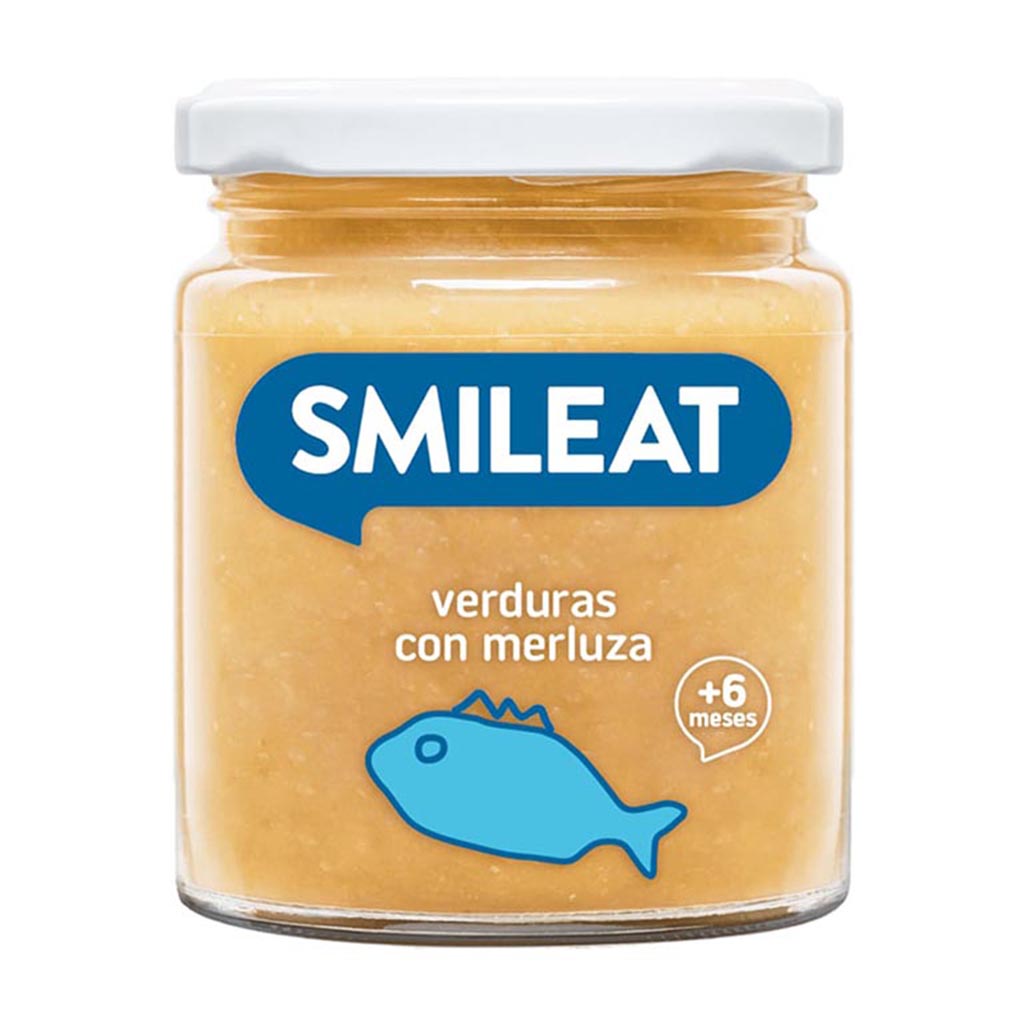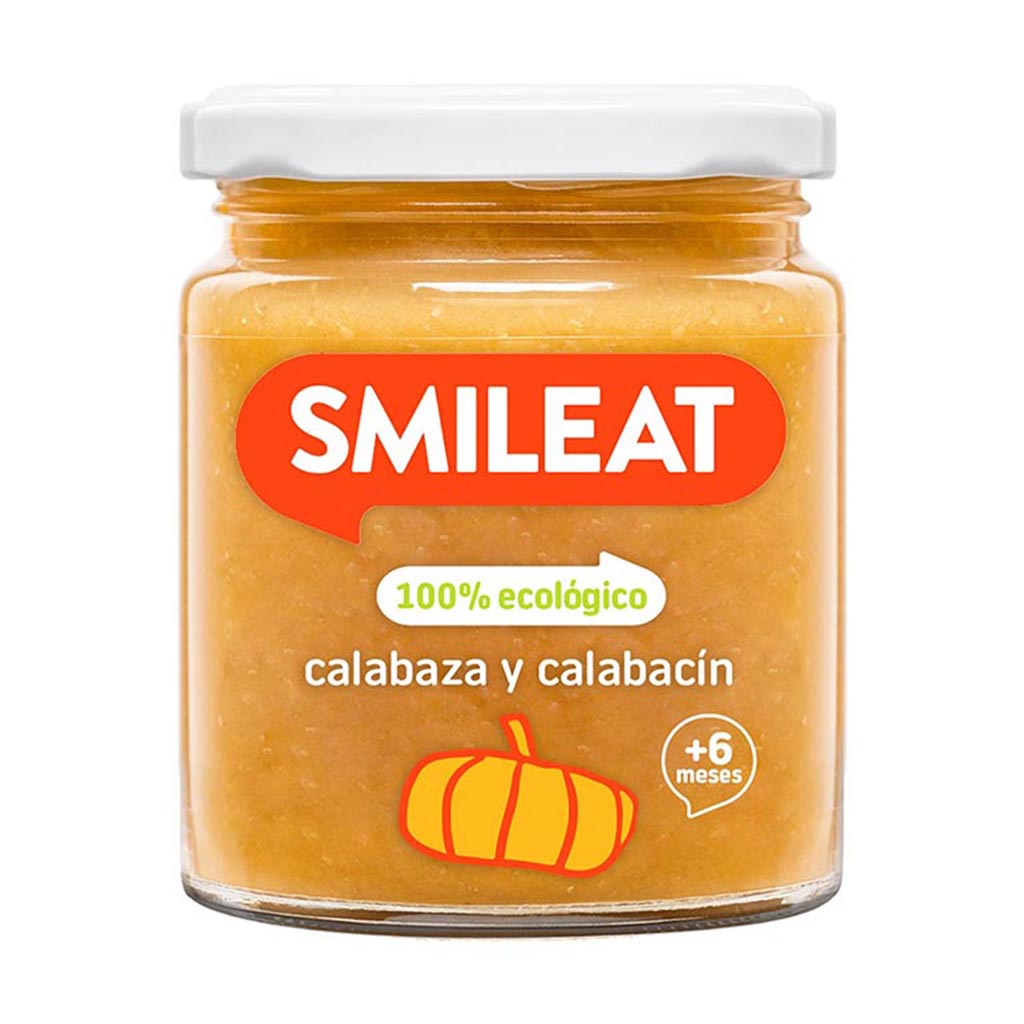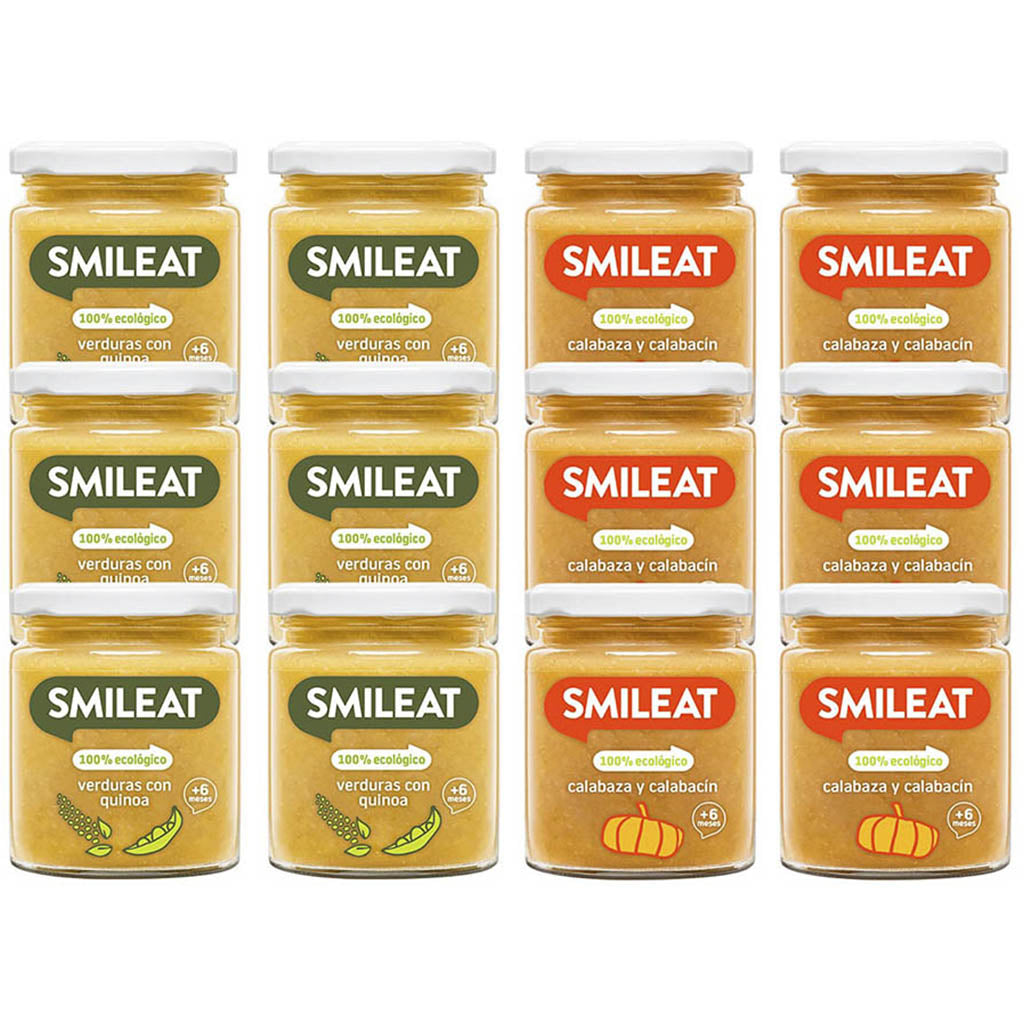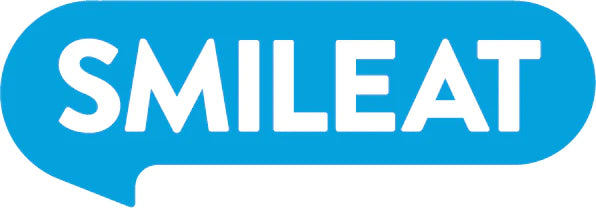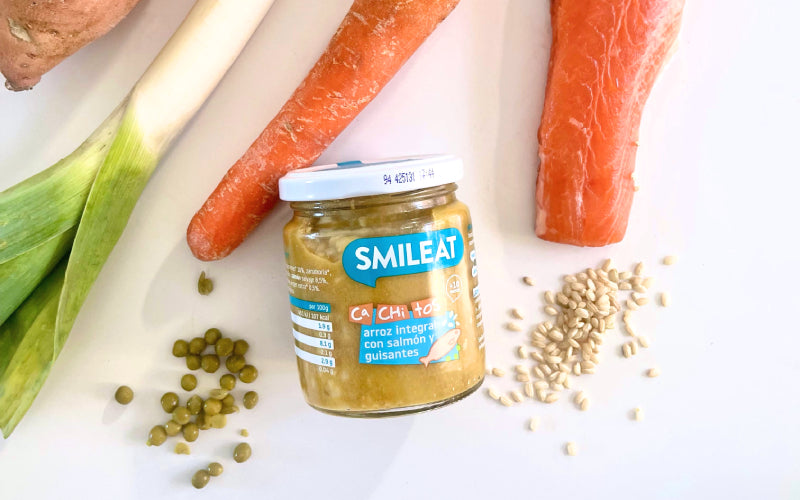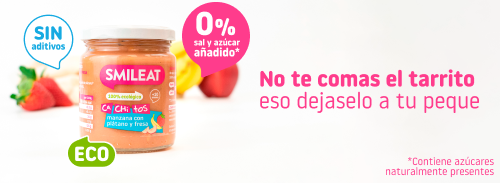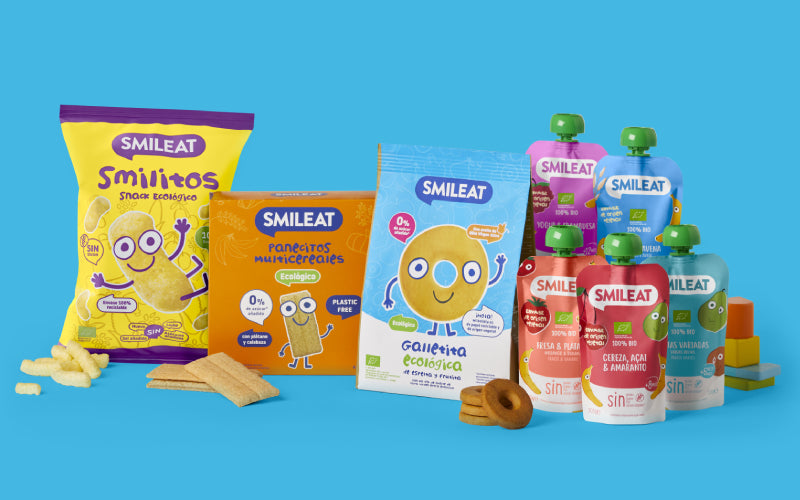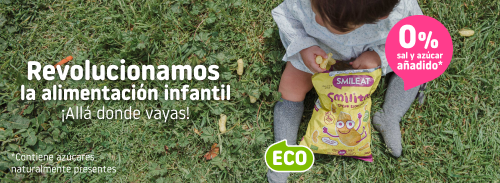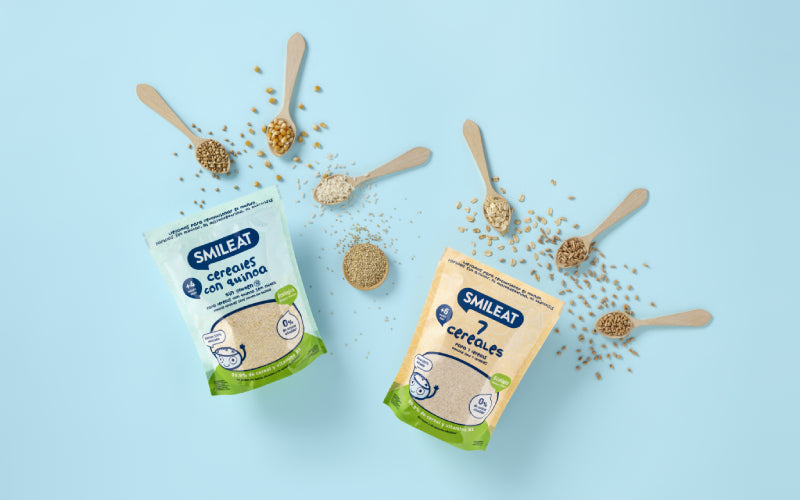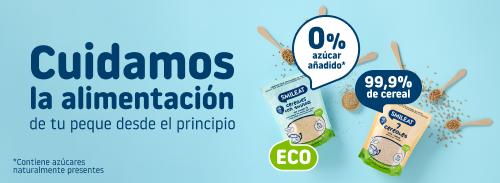Vegetable jars
Smileat's Vegetable Tartlets
What are the best vegetables to start baby feeding?
As you may already know, there is no perfect food to start complementary feeding, but we have it clear: vegetables are a "must" in this new path. Although the Spanish Association of Pediatrics recommends offering foods rich in iron and zinc as a priority, they also mention that one way to promote and optimize the absorption of this iron is to supplement it with vitamin C... And what better than vegetables to provide vitamin C to your baby's diet?
Vegetables are a great source of fiber, water, vitamins and minerals. They are the key that puts our organism to work and allows the rest of the nutrients from food to be absorbed. Without them, the gear is not complete. In addition, the WHO recommends including at least a couple of servings a day in the adult diet, and the best way to encourage these habits in our little one is offering vegetables from the time they can eat foods other than milk.
From the age of 6 months they can eat almost any vegetable, with some exceptions, we give you the best tips to make this stage healthy, fun and safe for your baby:
- Offer cooked and soft vegetables from the beginning, such as carrots, broccoli, green beans, zucchini or squash.
- Avoid raw vegetables because of the risk of choking, you can adapt practically all vegetables to their cooked version, which also favors a good digestion.
- Remember that they cannot eat spinach and chard until after the age of one year, and borage until after the age of three years, due to its nitrate content, which can produce methemoglobinemia.
- Seaweed is not recommended until they are older due to its high iodine content.
And remember that it is normal for them to reject vegetables. It is not something casual, it is simply that they are a low-calorie food with a bitter taste, so it does not attract their attention so much. You may have to offer the same vegetable 15 times until they accept it!
It turns out that it is a natural reflection of this stage, so let's try to treat it as naturally as possible. Exposing them to a variety of colors and flavors reduces the possibility of rejection. Likewise, their observation is key at this stage: they will want to eat what you eat so if they see you eating vegetables they are more likely to want to try them too.
When should I start feeding my baby vegetable jars?
It is more than advisable to start offering vegetable jars from 6 months of age. Their digestive system is ready, but... Which one to start with? Here are our organic jars so you can start introducing this food group that is so essential for their health:
The different flavors help to develop the palate and the acceptance of different foods. No preservatives or artificial additives, made with organic and seasonal ingredients!
Discover all our little jars: Vegetable jars, Fish jars, Meat jars, Fruit snacks,Fruit snacks.





